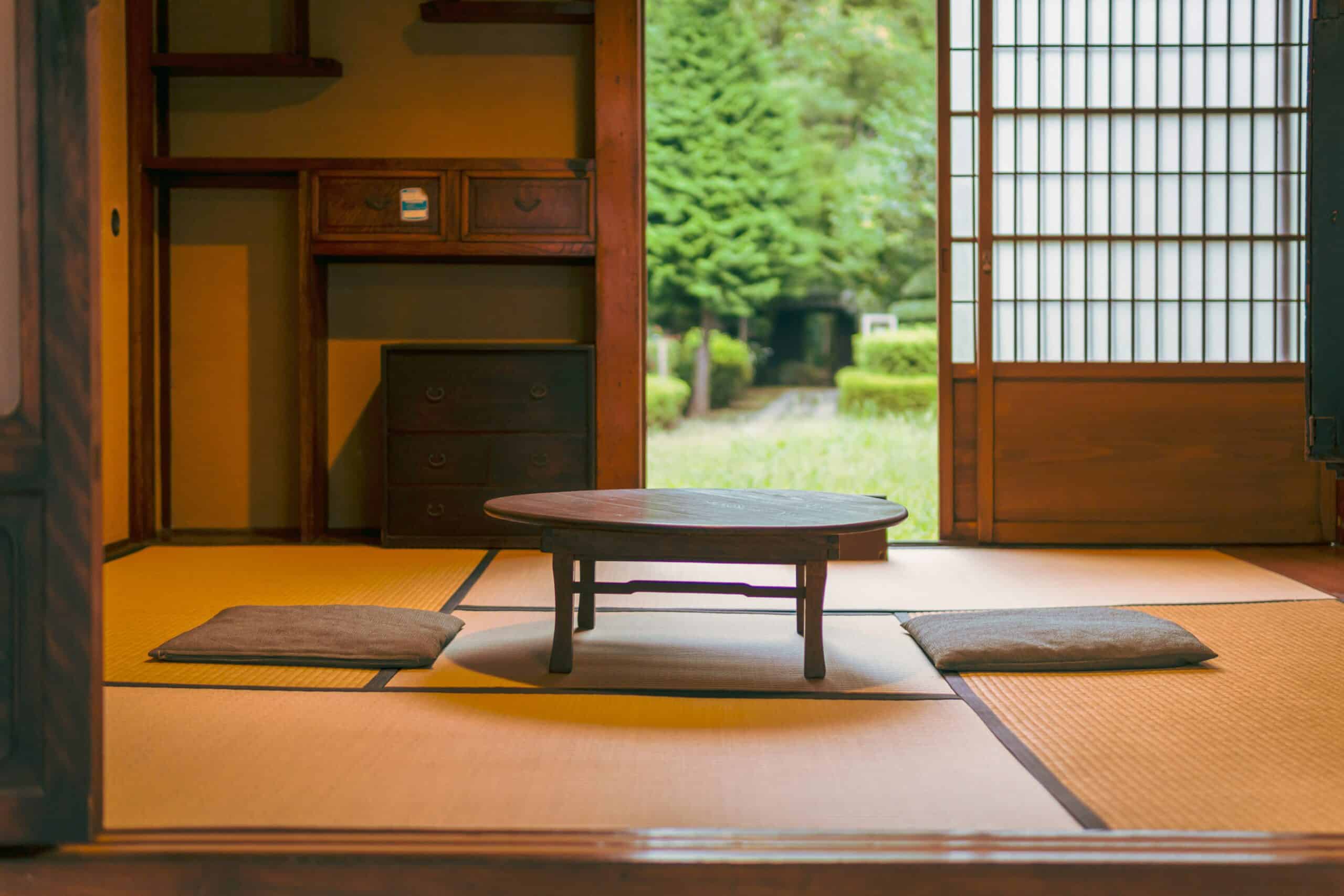
Harmony Through Cleanliness: Insights From Japanese Philosophy
In the tranquil echoes of Japanese philosophy, where the aesthetic intertwines with the spiritual, lies a profound appreciation for cleanliness. This meditative reflection seeks to unravel the threads of this philosophy, exploring how the disciplined act of cleaning shapes not only our surroundings but our inner selves. Let us embark on a journey to understand the serene wisdom encapsulated in the Japanese approach to cleanliness, an ethos that transcends mere tidiness, nurturing harmony, respect, and a deeper connection with existence.
At the heart of Japanese philosophy is the pursuit of harmony with nature (wa), a principle deeply ingrained in Shinto and Zen Buddhism. Cleanliness in this context is not an arbitrary chore but a sacred act that aligns the human spirit with the purity of nature. The meticulous care of one’s surroundings reflects a deeply rooted respect for nature, manifesting in practices such as Misogi, the ritual purification in natural waters, and the Zen Buddhist custom of soji, the morning temple cleaning. These practices are not mere physical activities but spiritual exercises that cleanse the soul, fostering a mindful connection with the world around us.
Zen Buddhism, with its emphasis on simplicity (kanso) and mindfulness, offers invaluable insights into the art of cleaning. In Zen, every action, including cleaning, is done with intentionality and presence, transforming routine tasks into gateways to mindfulness. This philosophy teaches us that in the simplicity of cleaning, one can find clarity and serenity. By decluttering our physical spaces, we mirror the process of decluttering the mind, shedding superfluous desires and worries, and focusing on the present moment. The act of cleaning, thus, becomes a meditative practice that illuminates the path to inner peace and enlightenment.
The Japanese concept of omotenashi, or hospitality, underscores the aesthetic and ethical dimensions of cleanliness. It embodies a selfless care and respect for others, anticipating their needs without expectation of reciprocity. In the context of cleanliness, omotenashi encourages us to maintain our spaces not only for our own comfort but as a form of respect and hospitality towards others. This extends beyond mere tidiness, incorporating an aesthetic sensitivity to the ambiance and atmosphere, creating spaces that uplift the spirit and foster a welcoming warmth.
Seiso, or cleaning, is a pillar of the Japanese philosophy used in business and personal life, emphasizing the importance of cleanliness in fostering discipline, efficiency, and respect for one’s environment. Regularly cleaning and organizing our spaces teaches us discipline, instills a sense of responsibility, and enhances our respect for the places we inhabit and the objects we use. This discipline transcends the physical realm, influencing our personal and professional habits, and shaping a culture of meticulous care and attention to detail.
It is clear that japanese philosophy presents cleanliness as a journey that bridges the external with the internal, a practice that cleanses the spirit as much as it organizes the physical space. Through harmony with nature, simplicity, omotenashi, and disciplined seiso, we discover that cleanliness is more than an act of maintaining tidiness; it is a pathway to self-realization, a testament to our respect for the world, and a ritual that brings tranquility to our hectic lives. Let us embrace this holistic approach to cleanliness, integrating its principles into our lives, and thus, finding a deeper sense of harmony within ourselves and with the world around us.



